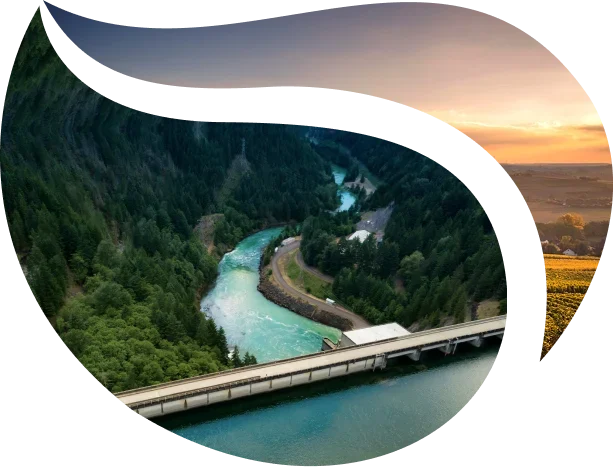CONFERENCE ON AGENCY PERSONNEL TRENDS, BUDGET STRINGENCIES, CHALLENGES TO HIGHER EDUCATION, AND EVOLVING ROLES OF NATURAL RESOURCES AGENCIES
In association with
AMERICAN ASSOCIATION FOR THE ADVANCEMENT OF SCIENCE
With support from
U.S. GEOLOGICAL SURVEY
NATIONAL OCEANIC AND ATMOSPHERIC ADMINISTRATION
USDA FOREST SERVICE
As increasing numbers of employees become eligible to retire, federal and state agencies are losing institutional memory and having difficulties in maintaining core scientific competencies. Some changes in government’s role are occurring by default and omission—without discussion and deliberation about agency missions and priorities. Other changes are deliberate and reflect the view that less government is better, even when it comes to managing and conserving the nation’s natural resources and sustaining its environmental integrity. These challenges to government’s role are occurring as the number of stakeholders is increasing, management is becoming more complex, resource use is rising, and science knowledge grows. An energetic and sustained outreach program to the public is desperately needed. “Resource national security” is at risk.
Compounding these demographic shifts and challenges to government’s role, new fiscal stringencies are seriously threatening natural resources and science programs. Universities and professional and scientific societies must respond by aggressively supporting essential natural resources programs, and by assuring that newly educated professionals and scientists will be available. Partnerships engaging all parties are essential in assuring that natural resources conservation and management remains a priority.
A Clearinghouse of Reactions and Activities has been established. Informational items from RNRF member organizations and other professional, scientific, and educational organizations are highlighted. Organizations and individuals are invited to utilize these items to support a vigorous role for the federal government in natural resources stewardship, science and research, and to raise public and policymaker awareness of critical issues facing the nation’s natural resources.
